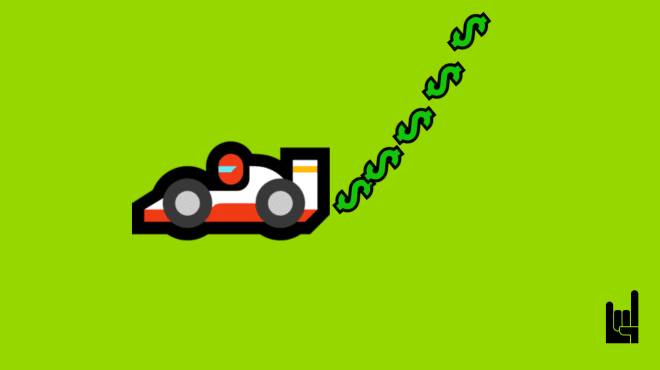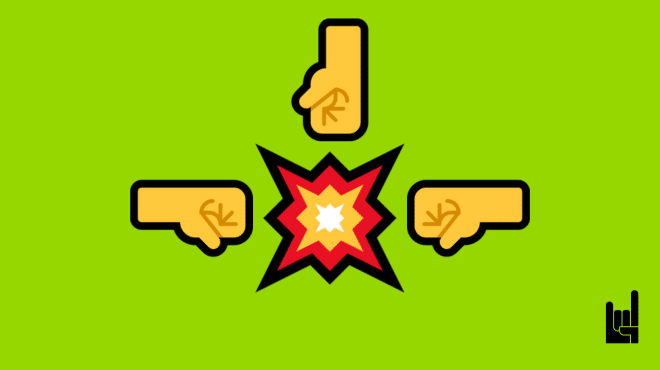It is an SEO know-how. It shows you how good a keyword is for bringing traffic to your site. Or, putting it simply, how much positive effect keywords have on your paychecks.
The Keyword Effectiveness Index (KEI) compares the count result (number of times a keyword is searched within a search engine) with the number of competing web pages to pinpoint which keywords are most effective for your campaign. In combination with some common sense, this is a great tool to select high conversion key phrases you want to target.
KEI was first introduced by Sumantra Roi. He said that KEI was a measure of the effectiveness of a keyword for your web site. The KEI formula is based on three axioms:
(1) the KEI for a keyword should increase if its popularity increases; (2) the KEI for a keyword should decrease if it becomes more competitive. Competitiveness is defined as the number of sites which Google displays when you search for that keyword using exact match search (i.e. you should use quotes around the keyword);
(3) if a keyword becomes more popular and more competitive at the same time such that the ratio between its popularity and competitiveness remains the same, its KEI should increase.


